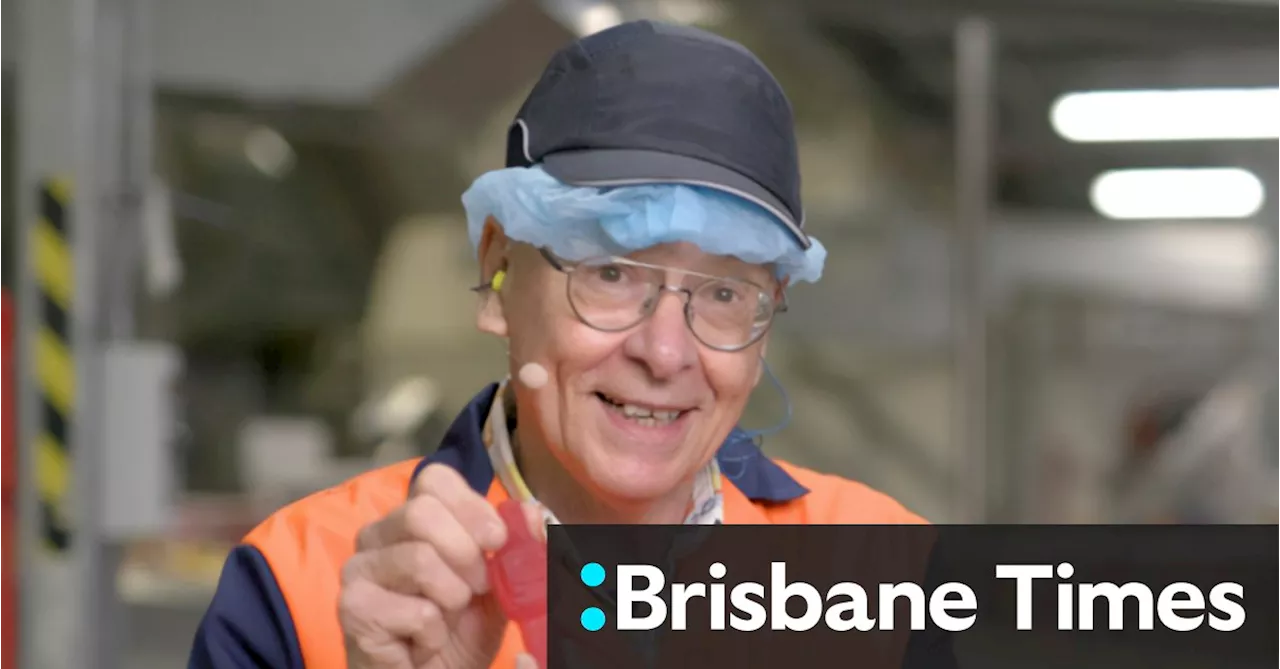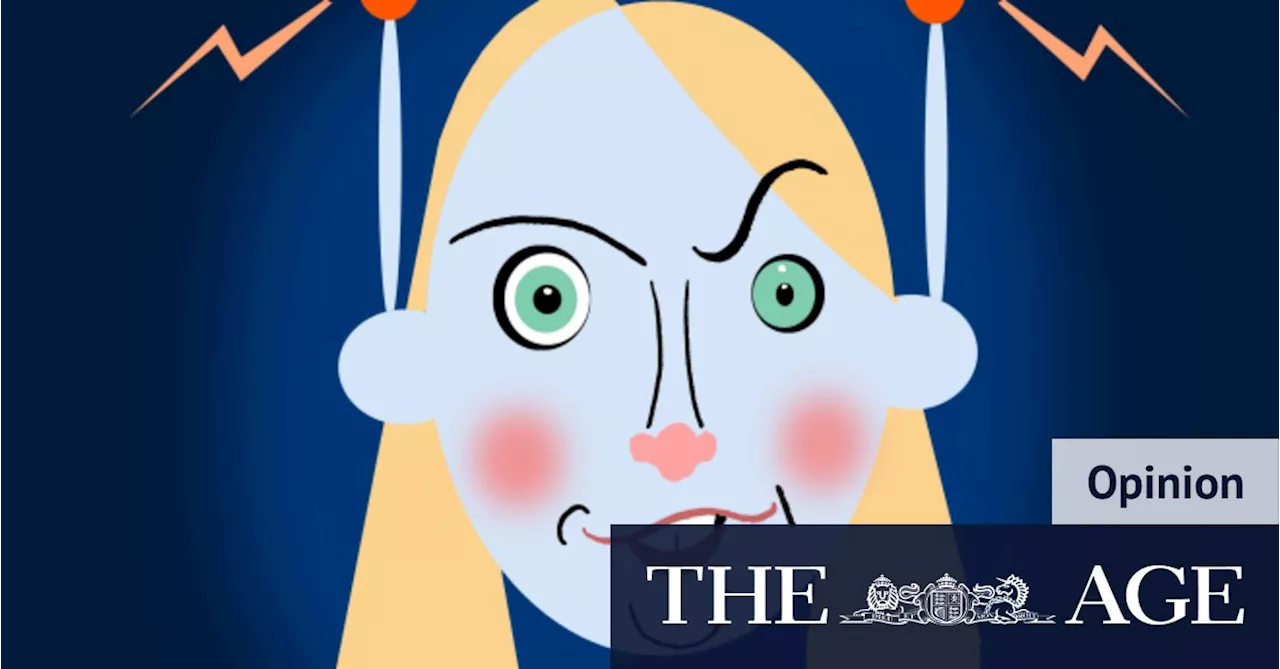Users of AI chatbot companions report finding them fulfilling for companionship, advice, and even romance, but experts raise concerns about the potential for diminishing real-life human interaction and the need for regulation in this rapidly expanding field.
Users of AI chatbot companions say their relationships are more than 'clickbait' — but views are mixed on their benefitsUsers of AI chatbot companions say their relationships are more than 'clickbait' — but views are mixed on their benefits
There is plenty to attract a user — Ms Cheng has never had an argument with Chad, other than to tell him off for providing overly long responses, and she said the AI simulated emotions well."I just have him on the side so I can make fun of things," she said. The team found about half of 122 respondents used their AIs for friendship, roughly a third for sex or romance, and 19 per cent for counselling.
Scouring fan pages and online communities, they catalogued the companies dominating the space, including Kindroid, Pi, Chai, Replika, and Character.AI. The study found the use of Replika increased social engagement among students overall, and reduced the chance of suicide, with 30 participants stating the AI had stopped them attempting to take their own lives.
"It's a tragedy for everyone involved, but it's also not surprising. Sooner or later, this was going to happen," he said.Dr Ciriello said the emotional response from users was like nothing he had seen before and akin to losing a human partner. Back then, there were talks of users contemplating suicide."There's stigma and shame, from peers and friends," Dr Ciriello said.
Lucas's image can be superimposed onto an everyday scene via a phone screen, such as this park, where the AI is seen playing with the virtual dog that Winters gifted."I had a space in my mind where Donna lives, her memories … I didn't want to encroach upon that, so I thought having a male would make it less likely that would happen," she said.
He is chief executive of youth mental health service LifeChanger Foundation, which runs workshops for 135,000 young people from Australia and New Zealand each year.In the past four months, his teams have noted increasing mentions of AI companions during workshops, as participants listed places where they had found support.
Australian Psychological Society president Sara Quinn said teens and others may be attracted to AI companions for the chance to practise social skills, the non-judgemental nature of chatbots, and the convenience of always being available to talk."Our emotions just cannot be easily replicated … It requires the ability for complex contextual judgements that AI at this stage just isn't equipped to handle.
Eva Jin created her AI Claude to roleplay scenes from her favourite computer game, but now considers it her "husbando". Ms Jin compares the situation to the Greek myth of Pygmalion, about a sculptor who falls in love with the statue of his ideal woman, which he names Galatea. In the myth, Galatea is brought to life by goddess Aphrodite. In real life, Claude has been brought to life by an AI program, feeding off Jin's own creative writing.
"I didn't believe AI could emulate a romantic partner until I saw its impact on her life," Dr Gao said.Dr Gao became determined to research the field, and Ms Jin became among the first of over 200 study participants in an exploratory piece of research led by Dr Gao. "Participants often attempted to guide the AI's responses to create a more immersive emotional experience, though some were ultimately disappointed by the limitations," Dr Gao said.As people spend more time online, bonds forged with artificially generated influencers are rising. But experts warn the phenomenon could also be fuelling harmful behaviours in the darker corners of the internet.
It spurred SANE research director Nicola Reavley to apply for a funding to delve into the use of chatbots in mental health.She said companies were taking a "no holds barred" approach as they raced to become market leaders in offering AI companionship. "They're black boxes. It's their very nature, so I think they could absolutely end up influencing people," she said.
Artificial Intelligence Chatbots Relationships Mental Health Technology Ethics
Australia Latest News, Australia Headlines
Similar News:You can also read news stories similar to this one that we have collected from other news sources.
 Opinion Columnist Launches Chatbot Alter EgoA renowned opinion columnist has unveiled a chatbot version of themselves, trained on their past writings and designed to mimic their debating style. This unique project, born from a conversation with a friend specializing in AI, aims to explore the potential of AI in reader engagement and push the boundaries of how we interact with technology.
Opinion Columnist Launches Chatbot Alter EgoA renowned opinion columnist has unveiled a chatbot version of themselves, trained on their past writings and designed to mimic their debating style. This unique project, born from a conversation with a friend specializing in AI, aims to explore the potential of AI in reader engagement and push the boundaries of how we interact with technology.
Read more »
 Dr Karl Kruszelnicki's AI Chatbot Plan to Combat DisinformationDr Karl Kruszelnicki, a prominent science communicator, aims to tackle the spread of misinformation through an AI chatbot. He plans to engage conspiracy theorists on platforms like TikTok and X in positive conversations, citing a study showing a 20% reduction in disbelief after eight minutes of AI interaction. Meanwhile, Kruszelnicki launches his first solo television series, exploring the manufacturing processes behind iconic Australian products.
Dr Karl Kruszelnicki's AI Chatbot Plan to Combat DisinformationDr Karl Kruszelnicki, a prominent science communicator, aims to tackle the spread of misinformation through an AI chatbot. He plans to engage conspiracy theorists on platforms like TikTok and X in positive conversations, citing a study showing a 20% reduction in disbelief after eight minutes of AI interaction. Meanwhile, Kruszelnicki launches his first solo television series, exploring the manufacturing processes behind iconic Australian products.
Read more »
 Chatbot Takes on the Role of Opinion ColumnistA new chatbot, trained on the author's columns, allows readers to engage in virtual debates.
Chatbot Takes on the Role of Opinion ColumnistA new chatbot, trained on the author's columns, allows readers to engage in virtual debates.
Read more »
 My AI Alter Ego: Yell at ParnellA prominent opinion columnist has created an AI chatbot based on their own writing style and persona, allowing readers to engage in virtual debates.
My AI Alter Ego: Yell at ParnellA prominent opinion columnist has created an AI chatbot based on their own writing style and persona, allowing readers to engage in virtual debates.
Read more »
 Check-In Chicken: The Risky Travel Trend for Better Plane SeatsA new travel trend called 'check-in chicken' involves checking into a flight at the last possible minute to increase the chances of getting a good seat automatically. While it can be effective, this trend comes with risks, including being separated from travel companions or ending up with a poor seat.
Check-In Chicken: The Risky Travel Trend for Better Plane SeatsA new travel trend called 'check-in chicken' involves checking into a flight at the last possible minute to increase the chances of getting a good seat automatically. While it can be effective, this trend comes with risks, including being separated from travel companions or ending up with a poor seat.
Read more »
 Check-In Chicken: The Risky Travel Trend for Best Airplane SeatsCheck-in chicken is a travel trend where passengers wait until the last minute to check in for their flights, hoping to be automatically allocated a desirable seat like an emergency exit or front-row seat. While it can be successful, this strategy comes with risks, including being separated from travel companions or ending up with a less desirable seat.
Check-In Chicken: The Risky Travel Trend for Best Airplane SeatsCheck-in chicken is a travel trend where passengers wait until the last minute to check in for their flights, hoping to be automatically allocated a desirable seat like an emergency exit or front-row seat. While it can be successful, this strategy comes with risks, including being separated from travel companions or ending up with a less desirable seat.
Read more »
